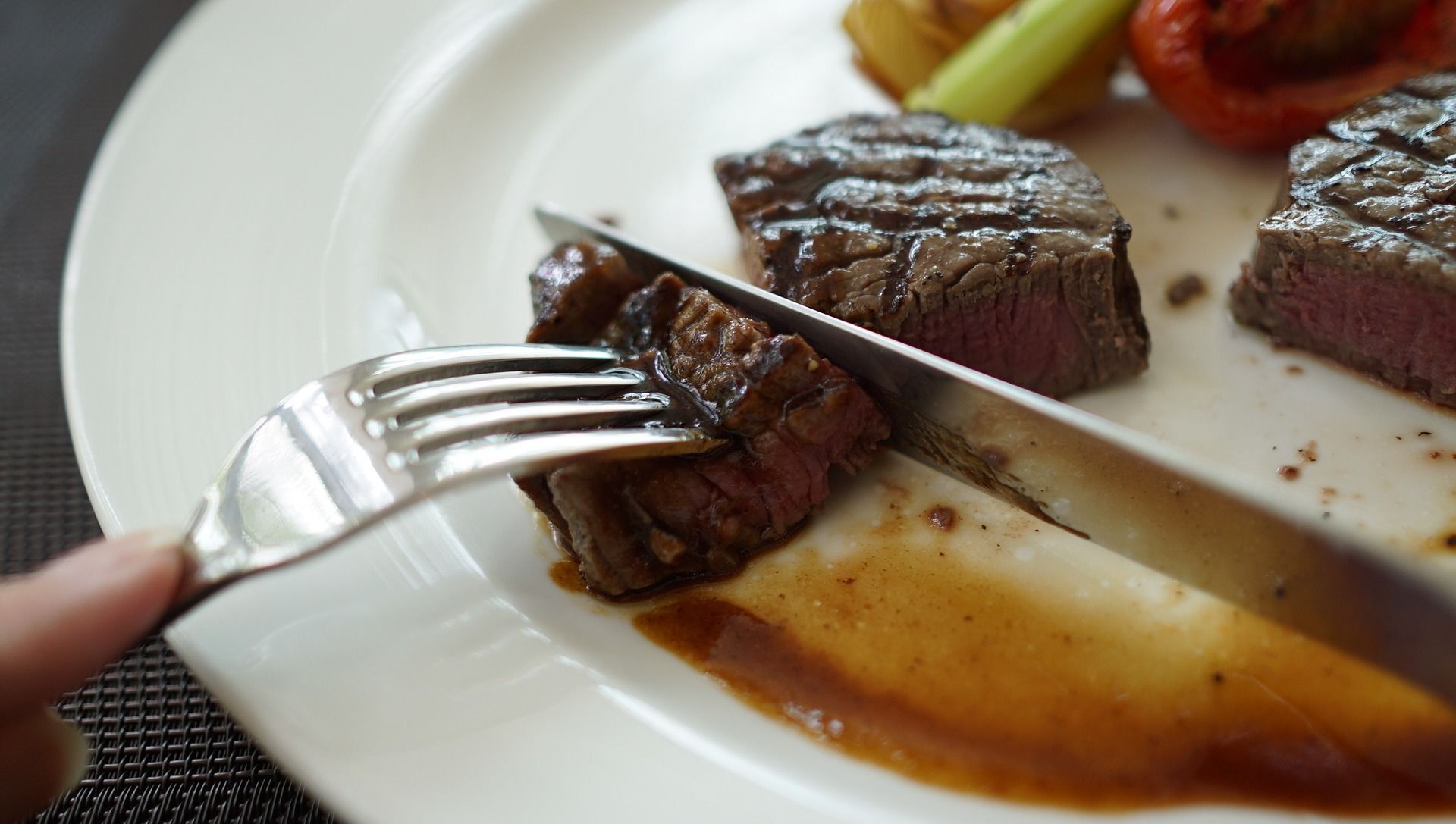A 3D-printed steak has been created by Israeli company Aleph Farms, jointly with the faculty of biomedical engineering at the Technion-Israel Institute of Technology, according to a statement issued on Tuesday.
The technology that allows the replication of the taste and texture of a ribeye steak is based on three-dimensional (3D) bioprinting of living cells in laboratory conditions. The process includes incubation of cow cells, as well as their differentiation and interaction, that give the physical qualities of a real steak to the material.
“A proprietary system, similar to the vascularization that occurs naturally in tissues, enables the perfusion of nutrients across the thicker tissue and grants the steak with the similar shape and structure of its native form as found in livestock before and during cooking,” the statement reads.
The company claims that the technology offers the possibility of producing any type of slaughter-free steaks without genetic engineering, as 3D bioprinting can duplicate different kinds of meat surfaces, including muscle and fat.
“We recognize some consumers will crave thicker and fattier cuts of meat. This accomplishment represents our commitment to meeting our consumer's unique preferences and taste buds, and we will continue to progressively diversify our offerings,” stated the co-founder and CEO of Aleph Farms, Didier Toubia.
This Aleph Farms steak is thicker that their first, cultivated in 2018. The company has stated that it will expand its cruelty-free meat products for “a more sustainable, equitable and secure world.”

